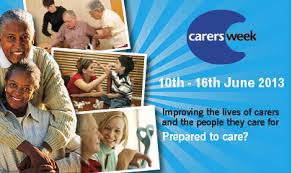 Of all the money raised for medical research in the UK, only 6% will go towards disease management or quality of life issues, the rest towards funding work to find cures.
Of all the money raised for medical research in the UK, only 6% will go towards disease management or quality of life issues, the rest towards funding work to find cures.
A cure for MS is of course the holy grail but with 100,000 people currently living with MS here in the UK, is it time we demanded a larger slice of the funding pie to research the problems and finding solutions for living with MS day-to-day?
Simon Denegri recently wrote a brilliant blog post about this subject (click here to read more), suggesting that our medical research economy seems to be fuelled by ‘test-tosterone’.
He raises dementia as a case in point, ‘we admonish ourselves for the lack of progress in discovering viable treatments over the last 20 years, but…just as troublesome is that there has not been the step change in how we care for people with dementia in that time either. Too many people continue to end their days institutionalised, pumped full of anti-psychotics and ‘taken care of’ by poorly trained staff.’
How does this translate to the MS community? Without a doubt, we are living in times of enormous strides in our understanding and treatment of MS which have greatly enhanced our quality of life. Yet we are also living through a period of great upheaval and fear, with Disability Living Allowance being replaced by the Personal Independence Payment and a growing media backlash against anyone with a disability.
Disease modifying treatment is wonderful. If you have relapsing remitting MS. For those with primary progressive or secondary progressive MS, treatment options are limited. Should more funds be diverted to research how we can live to the best of our abilities with MS? How we can keep more people with MS in employment for longer? How we could offer everyone with MS the opportunity to receive counselling to adjust to a life with MS, if needed?
A cure for MS would of course obliterate these problems, but how many of us would be cured? How far back can we hope to reverse the damage? In the meantime, we live with the symptoms, the stigma, the reduced life opportunities. As Simon Denegri states, ‘Fact is, you can have a hard time living with disease in the UK. You can also have a hard time dying from it too. Such is our obsession – our hyped-up expectation – that we will be able to treat ourselves out of existence.’




